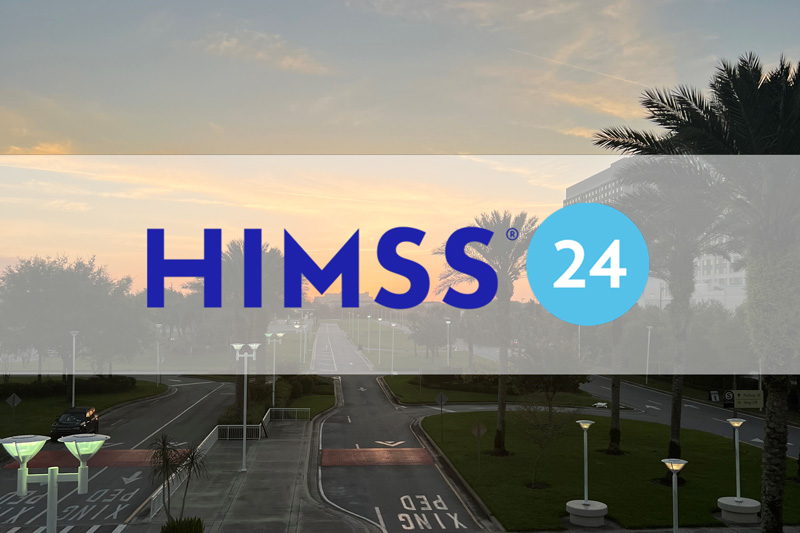As the world is undergoing a digital transformation, businesses are increasingly relying on technology to enhance operational and financial outcomes. The healthcare industry is no exception, as it looks towards artificial intelligence (AI) to enhance patient care. While the use of AI in healthcare is not new, recent studies suggest that it may surpass human capabilities when it comes to accuracy and even empathy.
For instance, a newly published JAMA article revealed that AI chatbots provided a more accurate response 78.6% of the time when compared to physician responses to common patient medical questions. More surprisingly, the study found that AI chatbots had a 9.8 times higher prevalence of providing empathetic responses. These findings raise important questions: can AI replace human doctors? And if so, what does that mean for the future of healthcare? In this post, we will explore the potential of AI to revolutionize healthcare and the impact it may have on patient outcomes.
Uses of AI in Healthcare
The integration of AI in healthcare offers many promising use cases that can lead to better patient outcomes. Some hospitals, such as Boston Children’s, are even hiring specialists to manage their AI-driven approach to healthcare.
When consulting with ChatGPT, a well-known AI bot, on how AI can improve healthcare, it provided me with a list of possibilities, which I have elaborated on with full examples below:
- Virtual mental health support: Virtual mental health support platforms are continuing to grow, including AI-powered texting applications. Data even shows that 82% of people would prefer to speak to a robot vs. a human regarding their mental health concerns.
- Early disease detection: With advanced machine learning algorithms and even the capability of analyzing medical imaging, AI can be a powerful tool in the early detection and diagnosis of “Alzheimer’s, cancer, diabetes, chronic diseases, heart disease, stroke and cerebrovascular disease, hypertension, skin disease, and liver disease.”
- Predictive analytics: The team at Dimensional Insight worked with UConn Health Services to integrate a machine learning model with their EHR data to identify patients at an increased risk for suicide. Technological advancements like this can help predict patient outcomes and improve prevention and treatment.
- Enhanced medical education: A recent study showed that ChatGPT was capable of passing the US Medical Licensing Exam. With this plethora of medical information available at clinicians’ fingertips, the use of AI tools has the potential to enhance access to medical education and support physician decision-making.
- Reduced physician burnout: In addition to caring for their patient populations, healthcare providers are often burdened with a multitude of administrative tasks. AI can help with clinical documentation, paperwork, and a variety of clerical tasks to reduce physicians’ workloads.
Aside from helping doctors deliver better care, AI can empower patients by improving their access to healthcare information and helping to personalize their care. As AI capabilities continue to evolve, its impact on the healthcare industry will continue to grow. However, with the potential shortfalls of this new technology, it seems as if robots might not be able to replace your doctor just yet.
Drawbacks and Ethical Considerations
While AI has the potential to improve patient health outcomes and enhance the delivery of healthcare services, it also has some potential drawbacks and raises several ethical considerations. Some areas for consideration include:
- Inaccuracy: While the recent JAMA article suggests that AI has the capability of providing highly accurate healthcare information, AI’s responses are not always correct. According to the ChatGPT website, it can “occasionally produce incorrect answers. It has limited knowledge of world and events after 2021 and may also occasionally produce harmful instructions or biased content.” If a chatbot recommends an incorrect diagnosis or treatment based on its limited knowledge, it could have life-threatening consequences for patients if they don’t consult with a true medical professional.
- Privacy: As more patient data is collected and analyzed by chatbots, there is a higher risk of the information being hacked or leaked.
- Bias: AI models rely on source material from the internet, which can often be outdated or even biased. Many past research studies have focused on limited patient populations that don’t always accurately reflect the real demographic makeup of the general population. This can result in AI producing biased healthcare recommendations for certain groups, including women and people of color.
- No substitute for human interaction: While AI can help providers with specific tasks and improve operational efficiency, it cannot fully replace the compassion and human connection that patients receive from their healthcare providers.
It is essential to address these ethical considerations and potential drawbacks in the development of AI systems, to ensure that these technologies are used safely and effectively in healthcare. Even the leading tech giants, such as Elon Musk and Apple co-founder Steve Wozniak, recently started a petition calling for a 6-month pause on AI advancement to consider the ethical implications and develop more stringent guidelines. As AI in healthcare continues to evolve, it is crucial to balance the benefits of the technology with ethical considerations to ensure that patients receive the best possible care.
Conclusion
While AI has shown remarkable capabilities in some areas of healthcare, it’s not quite ready to replace human doctors. The JAMA article concludes that the combination of AI and human physician expertise can lead to better patient outcomes, enhancing the quality and accuracy of healthcare delivery. For now, AI will serve as a powerful tool to support improved health outcomes, but your doctor won’t be replaced by a robot anytime soon.
- Why We’re Best in KLAS—Again! - February 7, 2024
- Building a Greener Healthcare System with Data Analytics - January 22, 2024
- Hospital Finance Predictions for 2024 - January 8, 2024






